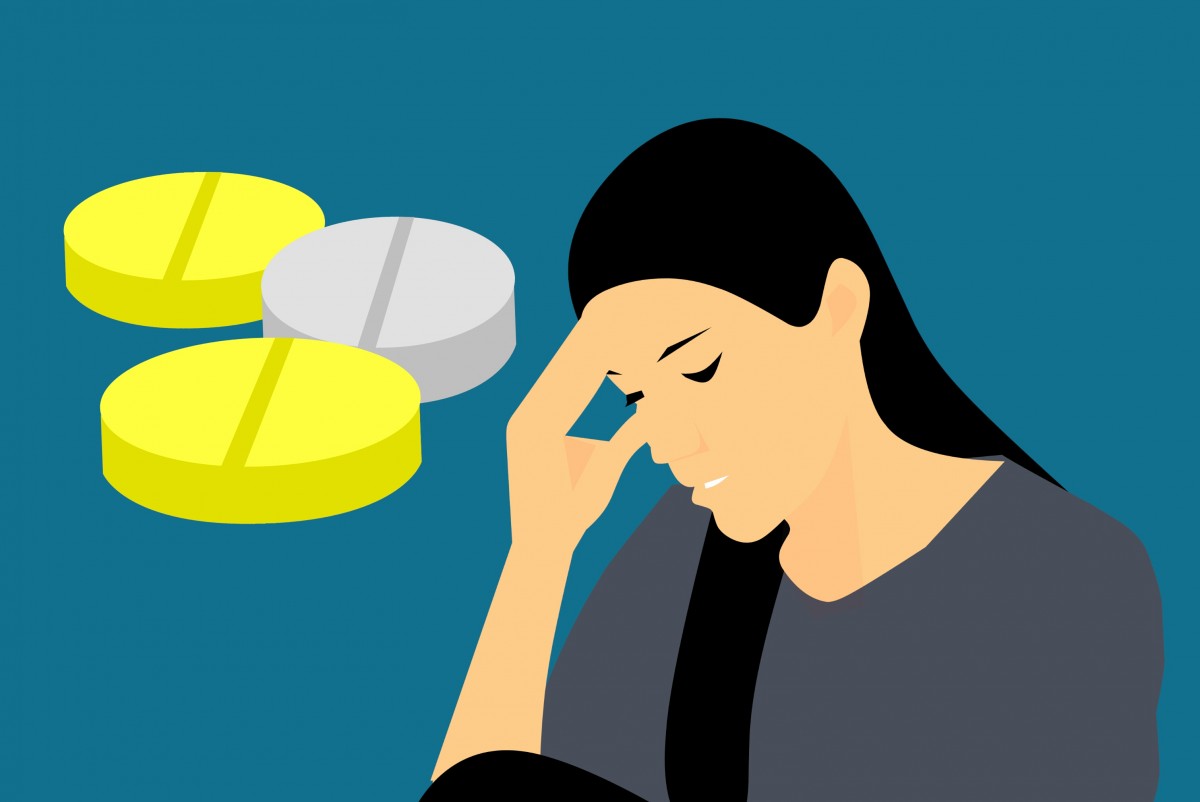Summary
– Understanding the mechanism of stress
– Step 1: Recognize the symptoms of prolonged stress
– Step 2: Respond to the effects of stress
– Step 3: Identify and reduce your natural stressors
Stress is not a disease diagnosis, a virus, or a bacterium to be treated with effective antibiotics or vitamins; to be stressed is to live in a state of tension, contracted, or attacked. Here are some tips and solutions to find the best way to treat your stress.
Understanding the mechanism of stress
Originally, the state of stress is made to react quickly to danger: fight the enemy, flee, or quickly organize a defense system involving several factors to manage.
When you are confronted with a risky situation:
– your brain analyzes the situation;
– your muscles tense up, ready to mobilize;
– a cascade of hormonal reactions, that of fear and confrontation, is triggered;
– your heart and breathing speed up to provide more oxygen and energy.
This fear mechanism serves to generate adapted survival reflexes.
A reaction that has become inappropriate
If the stress mechanism is provided for by nature, how does it become a problem for your health? Because “dangerous” situations have changed:
– They have become multifactorial and psychosocial.
– They are prolonged in time.
Consequently, the physiological reaction of immediate adaptation to danger is no longer adapted. Your organism can resist for a certain period, but not too long.
The secretion of cortisol, which lasts, attacks your body’s reserves: the effect becomes pathogenic and toxic: your capacities of memory and analysis are affected, and inflammatory and painful phenomena appear.
Examples of diseases due to stress
Stress causes the production of more sugar and fat in the blood from your reserves. It favors certain so-called stress-related pathologies such as arteriosclerosis, blood pressure, blood sugar (diabetes), increased cholesterol, and triglyceride levels correlated with cardiovascular accidents.
1. Recognizing the symptoms of prolonged stress

The following signs may indicate a situation of prolonged stress:
– headache;
– insomnia, sleep disorders;
– permanent or excessive sweating;
– appetite and digestive problems;
– skin diseases such as eczema;
– tachycardia;
– hair loss;
– alteration of the capacity to analyze situations;
– behavioral and thought disorders;
– musculoskeletal pathologies;
– gastric ulcerations;
– final depression or destructive pathology.
Excessive and prolonged exposure to stress leads to anxiety, burnout, and depression.
Please do not allow the physical symptoms of pressure to take hold, as they may create an additional stressor (fear, anxiety) and a chronic pathology that is more difficult to remedy.
2. Respond to the effects of stress

When faced with the symptoms of stress, it is vital to treat the symptoms that are easy to reduce to protect what energy you have left and start a real fight against stress.
Treat latent symptoms
Take the lead on immediately treatable symptoms:
– Headaches with a little aspirin, paracetamol, ergot, or triptan: take a half dose first and wait to see the effect.
– Physical pains are not to be endured. You can use remedies that are available without a prescription.
– Palpitations and chest pain: do not hesitate to consult a cardiologist to reassure you: a beta blocker prescription can help punctually rather than getting a panic attack.
Treat emotional shocks
In case of an emotional blow, practice an intense physical effort to :
– Drain the emotions linked to the upset;
– free the movements your muscles need;
– oxygenate your body.
Examples: push-ups, bending, stairs, running for 10 minutes…
Adopt a long-term healthy lifestyle
Integrate into your daily life a physical activity with a therapeutic effect:
– Chicong, Tai Chi.
– Brisk walking, cycling, fitness trail.
– Social dancing: tango, salsa, and rock’n’roll allows you to move and focus on other social challenges: knowing how to dance well.
– The Pilates method, with springs and pulleys, combines stretching, breathing, and strength. You start gently and experience the type of exercise that is good for your body.
You can also spend a little time in nature every day. A study from the University of Michigan shows that a simple walk, or a little time spent sitting and contemplating the vegetation in an urban park (at a rate of 20 to 30 minutes three times a week), reduces stress by lowering cortisol levels (one of the stress hormones). The only constraints are to spend this time in nature during the day, without doing sports simultaneously, and avoid using your smartphone.
Source: Frontiers in Psychology
Change your eating habits not to increase the sugars and circulating fats produced by prolonged stress.
– Learn to read the sugar content on the packaging of the products you buy.
– Control your intake of coffee, alcohol, and smoking.
Help yourself to feel good daily
– Prepare a bottle of water with several drops of valerian, chamomile, passionflower, St. John’s wort, and linden mother tinctures, plants known for their anxiolytic properties.
– Choose a Bach flower compound according to the emotion that seems to be dominant.
– Follow your doctor’s prescriptions to avoid insomnia and pain that lasts.
Note: acupuncture, Tuina massage, and cupping help free your energy held in muscle knots but are only effective during treatment.
3. Identify and reduce your natural stressors

If calming the harmful effects of stress by adopting a healthy lifestyle is not enough, consider reorganizing your life so that it is less stressful.
Check for modifiable psychosocial stressors
– In your schedule: reduce compromised schedules, traffic jams, and overloaded agendas at work and play.
– In your relationships: reduce interaction with people who cause you harm.
– In your projects: give up constraints that are too ambitious or incompatible with the reality of your life.
Get to know yourself better
Knowing your tastes, sensitivity, and abilities allows you to readjust your life choices and be less exposed to stressful situations.
– Discover your qualities, your natural tendencies.
– Write down what satisfies you and makes you serene.
– List what bothers you and what you can’t stand.
– Beware of commitments to implement dreams that are not yours.
– Stop accepting or choosing options that weaken you.
Make the changes necessary for your well-being
After identifying what stresses you and goes against your nature, weigh the pros and cons and opt for changes in your life, even if they are sometimes long, costly, and painful.
Logical changes to consider may concern:
– The geographical and climatic situation of your place of living in relation to your health.
– Your workloads and competitive pressures: ask yourself if your financial goals are contributing to your well-being or, on the contrary, are stressing you out.
– Professional reorientation: consult the ads that seem more compatible with your aspirations, sell, delegate, associate, and measure the satisfaction/performance ratio.
Minimize exposure to mental suffering and emotional impact
– Adopt a communication strategy with those who are harmful to you but whom you cannot avoid.
– Sort out your “friends” and bad advisors.
– Stop being a spectator to events you did not create and cannot change.
Additional tools to help you make these changes
Meditation and breathing help you to manage your emotions and to calmly analyze your life situations by thinking about the present time. Your breathing is the first lever to reduce emotional stress. When you feel heart palpitations, try the cardiac coherence exercises as the first support and feel the results!
Express your suffering and emotions by joining a group of people in your situation, accompanied by a stress management professional: this helps you get out of the impasses of prolonged stress, seemingly without a solution. Those who express legitimate anger suffer less from psychosomatic pathology. Finally, be discreet and avoid expressing senseless emotion on innocent and easy targets, which creates more stress.


